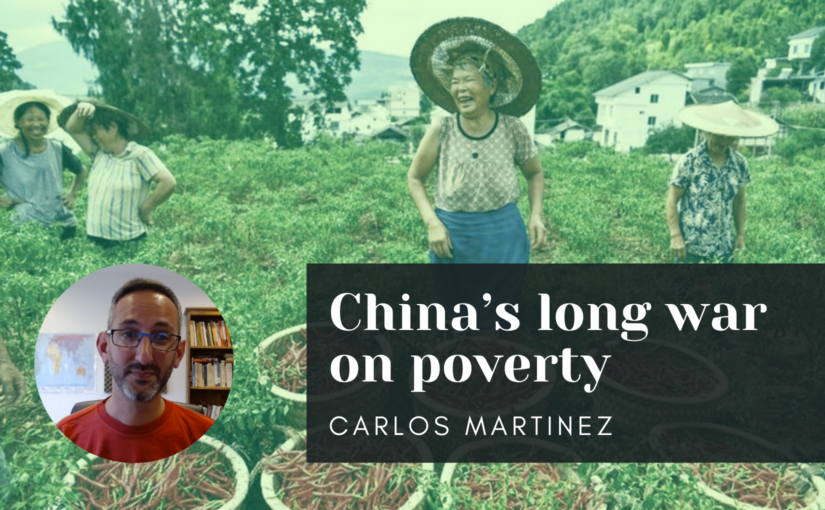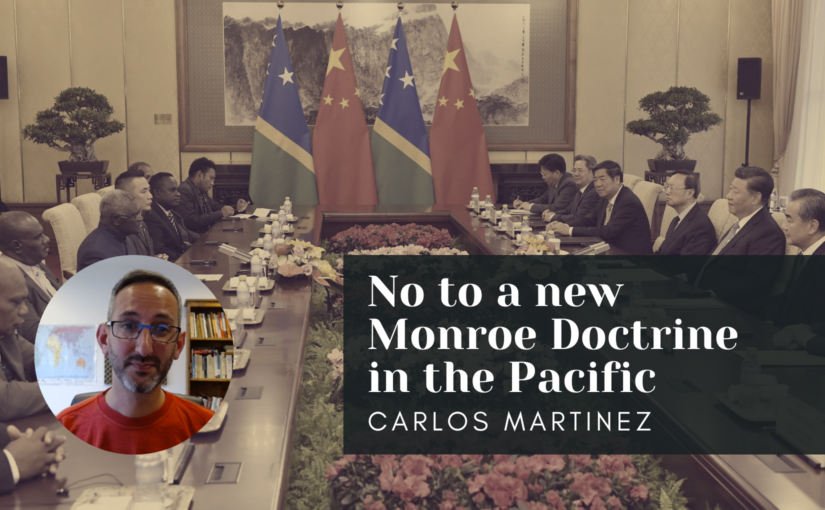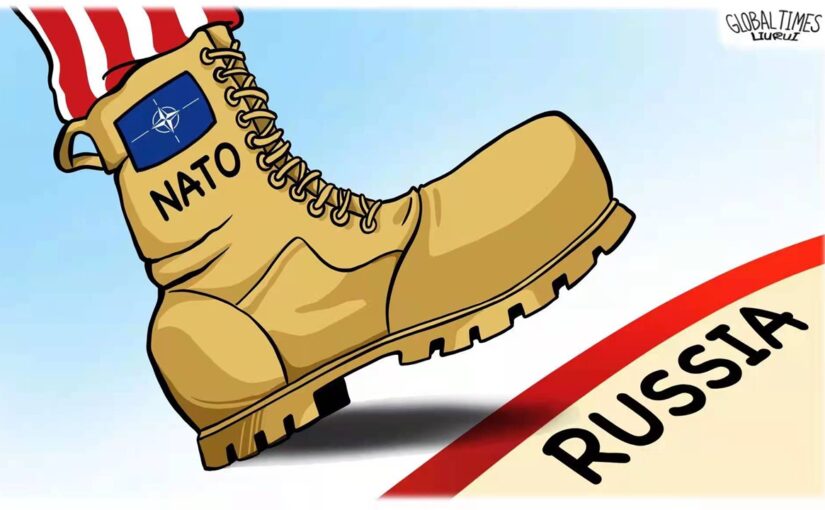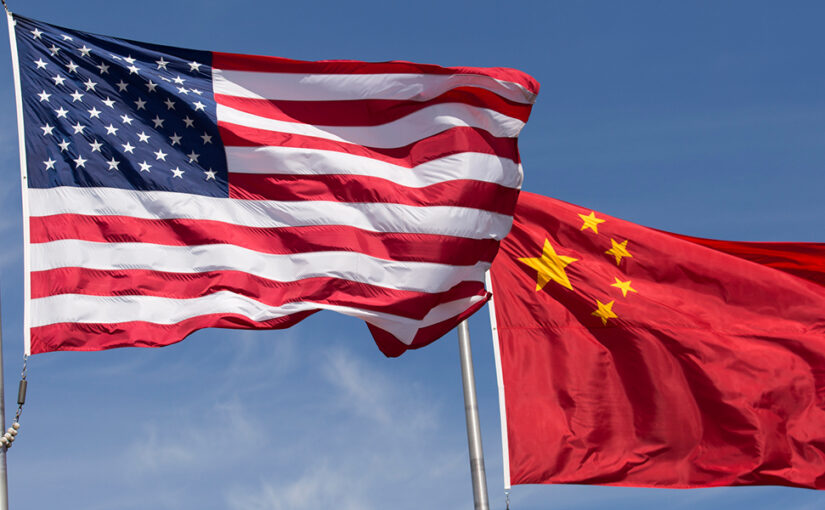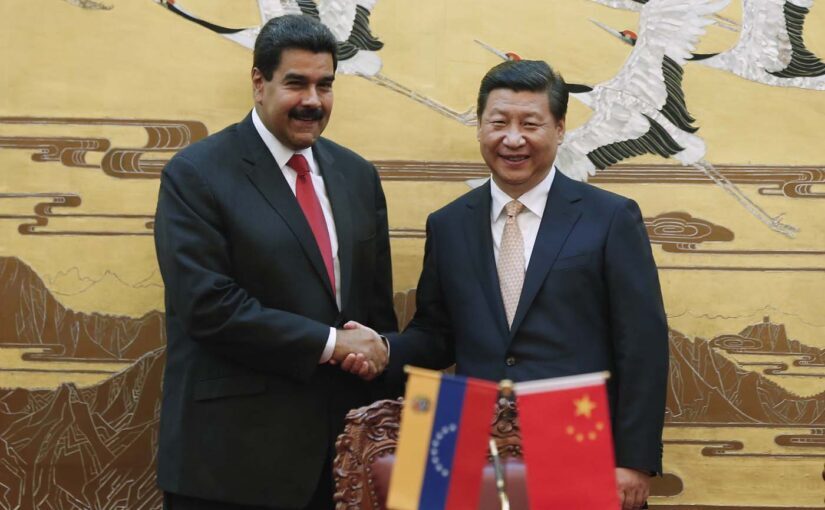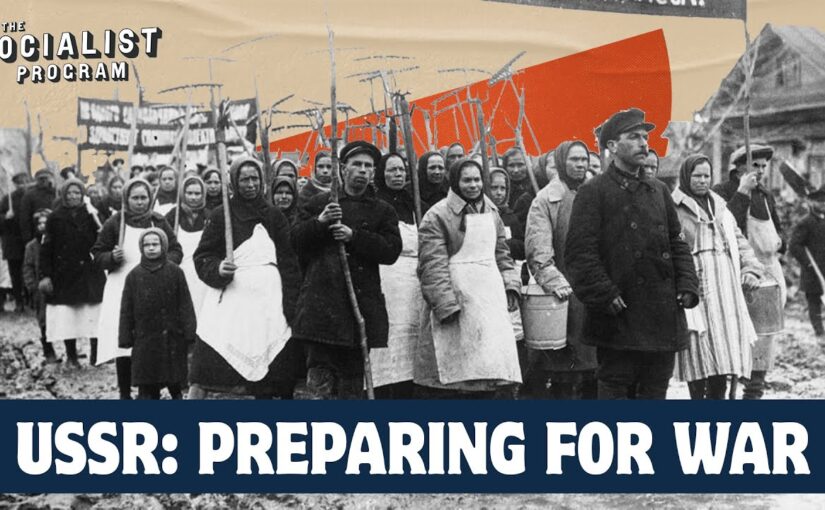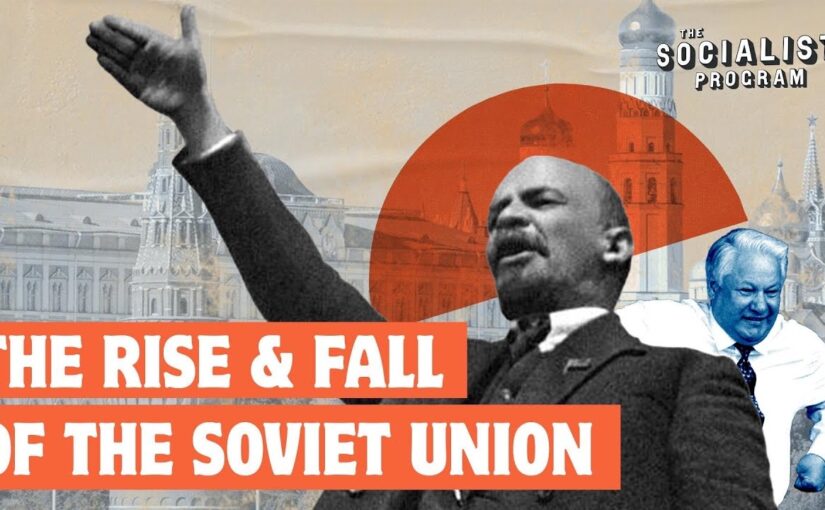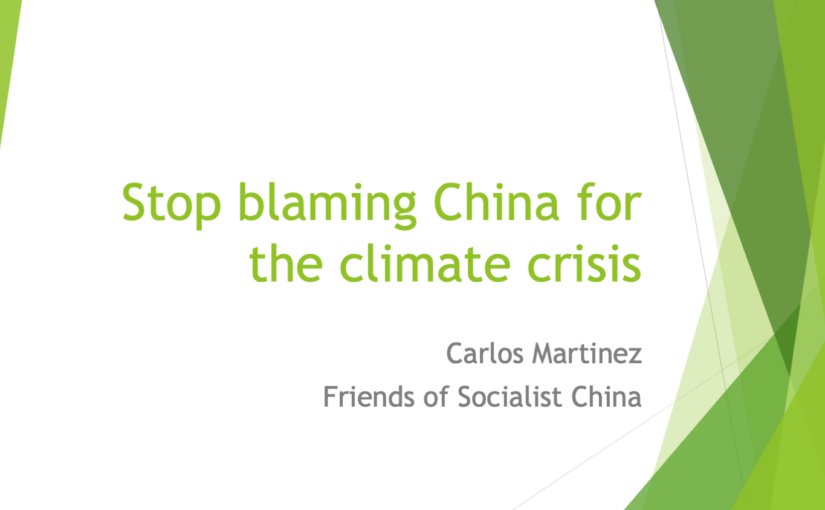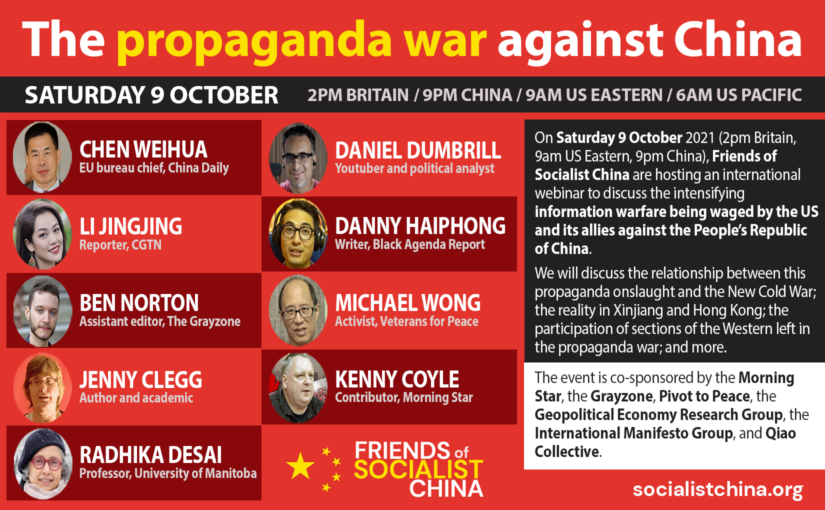In late 2020, the Chinese government announced that its goal of eliminating extreme poverty by 2021 (the centenary of the founding of the Communist Party of China) had been met. At the start of the targeted poverty alleviation program in 2014, just under 100 million people were identified as living below the poverty line; seven years later, the number was zero.
To eradicate extreme poverty in a developing country of 1.4 billion people – which at the time of the founding of the People’s Republic of China in 1949 was one of the poorest countries in the world, characterised by widespread malnutrition, illiteracy, foreign domination and technological backwardness – is without doubt “the greatest anti-poverty achievement in history”, in the words of UN Secretary General Antonio Guterres.1
What does it mean to not suffer extreme poverty in China? The most easily measurable aspect is having a daily income higher than the World Bank-defined international poverty line of 1.90 USD per day. But according to the Chinese government’s definition, a person can be considered to have left extreme poverty only if the “two assurances and three guarantees” have been met.2 The two assurances are for adequate food and clothing; the three guarantees are for access to medical services, safe housing with drinking water and electricity, and at least nine years of free education. Meanwhile, the land ownership system in China means that the rural poor have rent-free access to land and housing – putting them in a very different category to the rural poor elsewhere in the world.
Continue reading China’s long war on poverty
